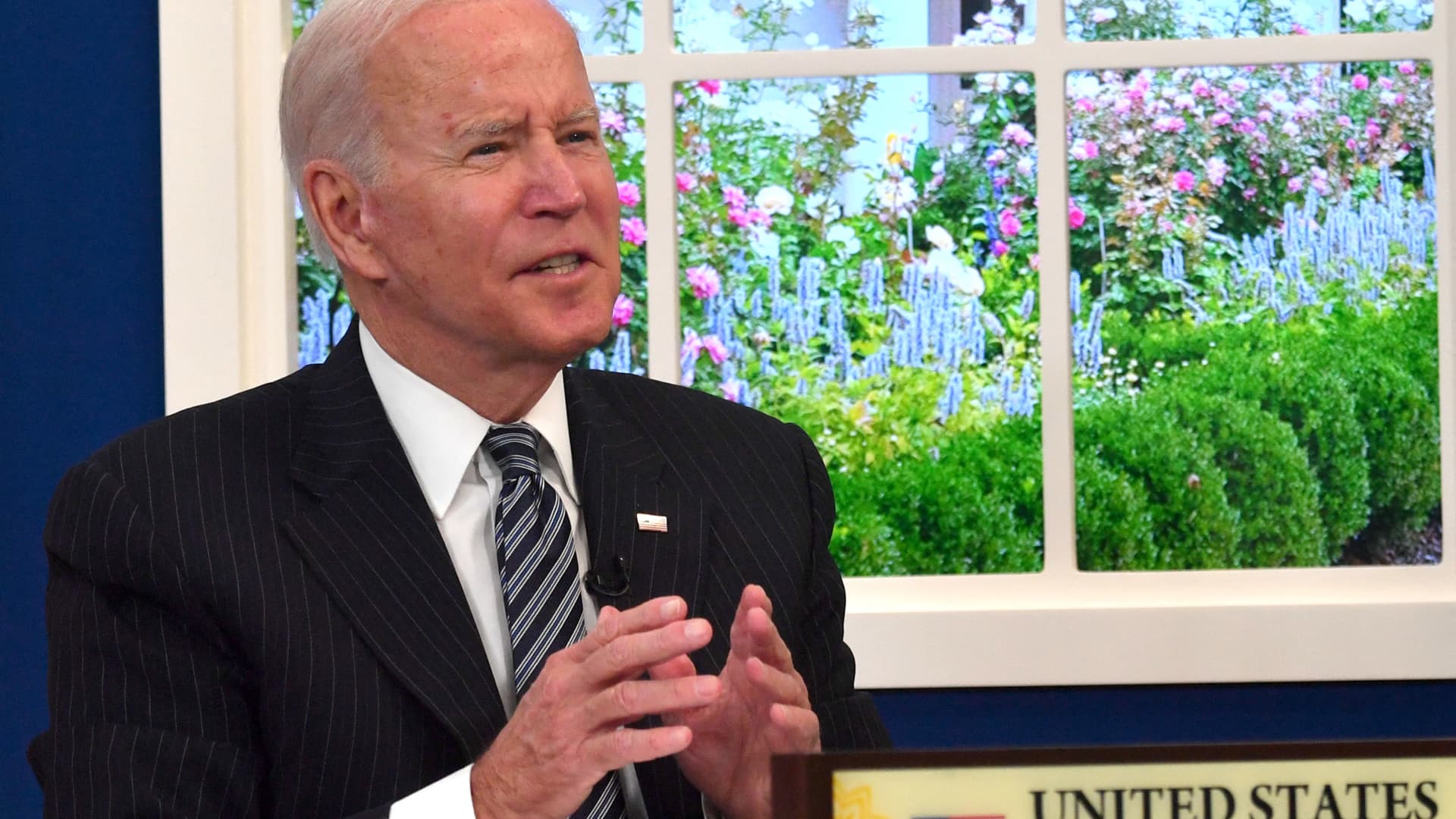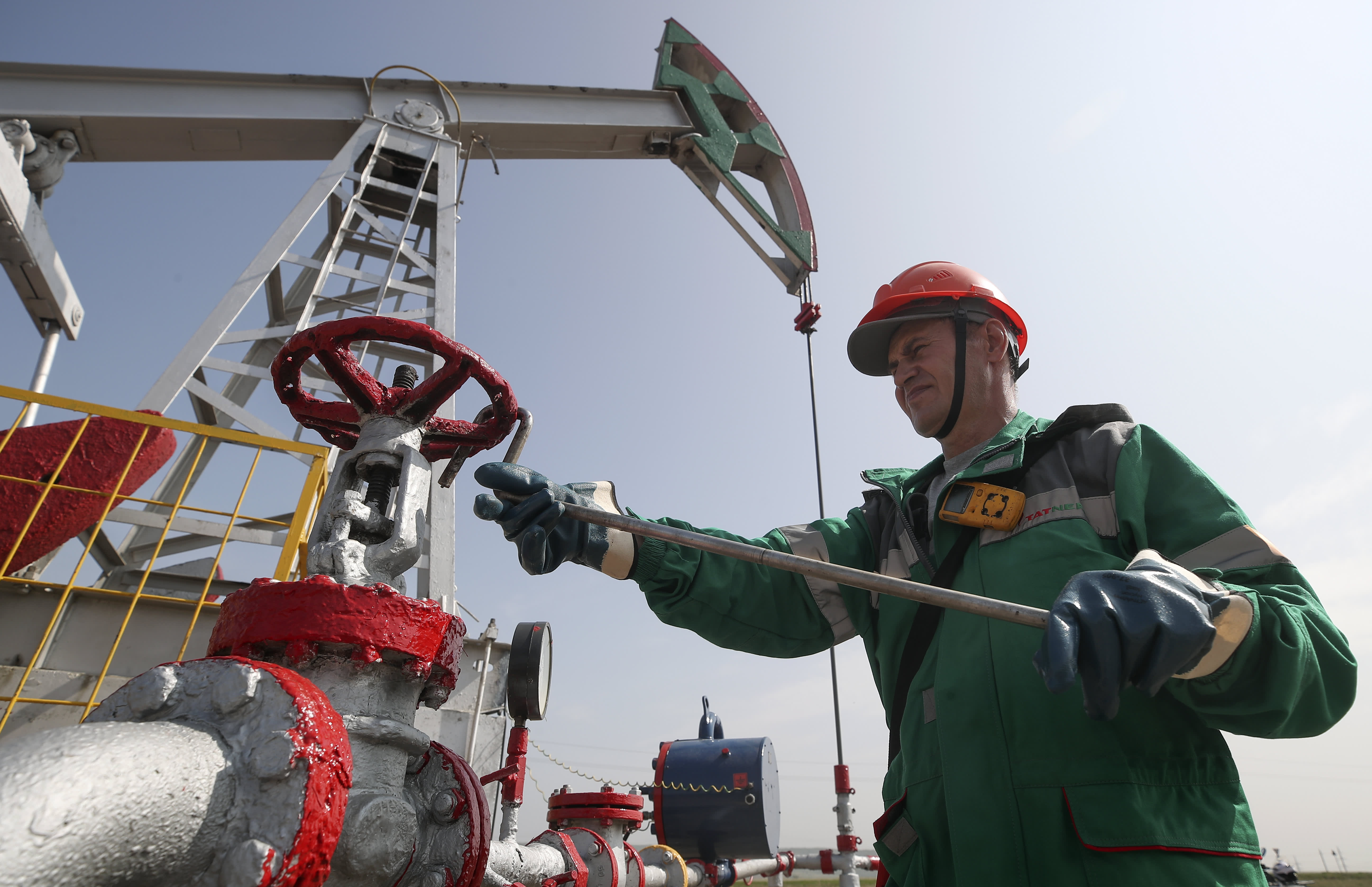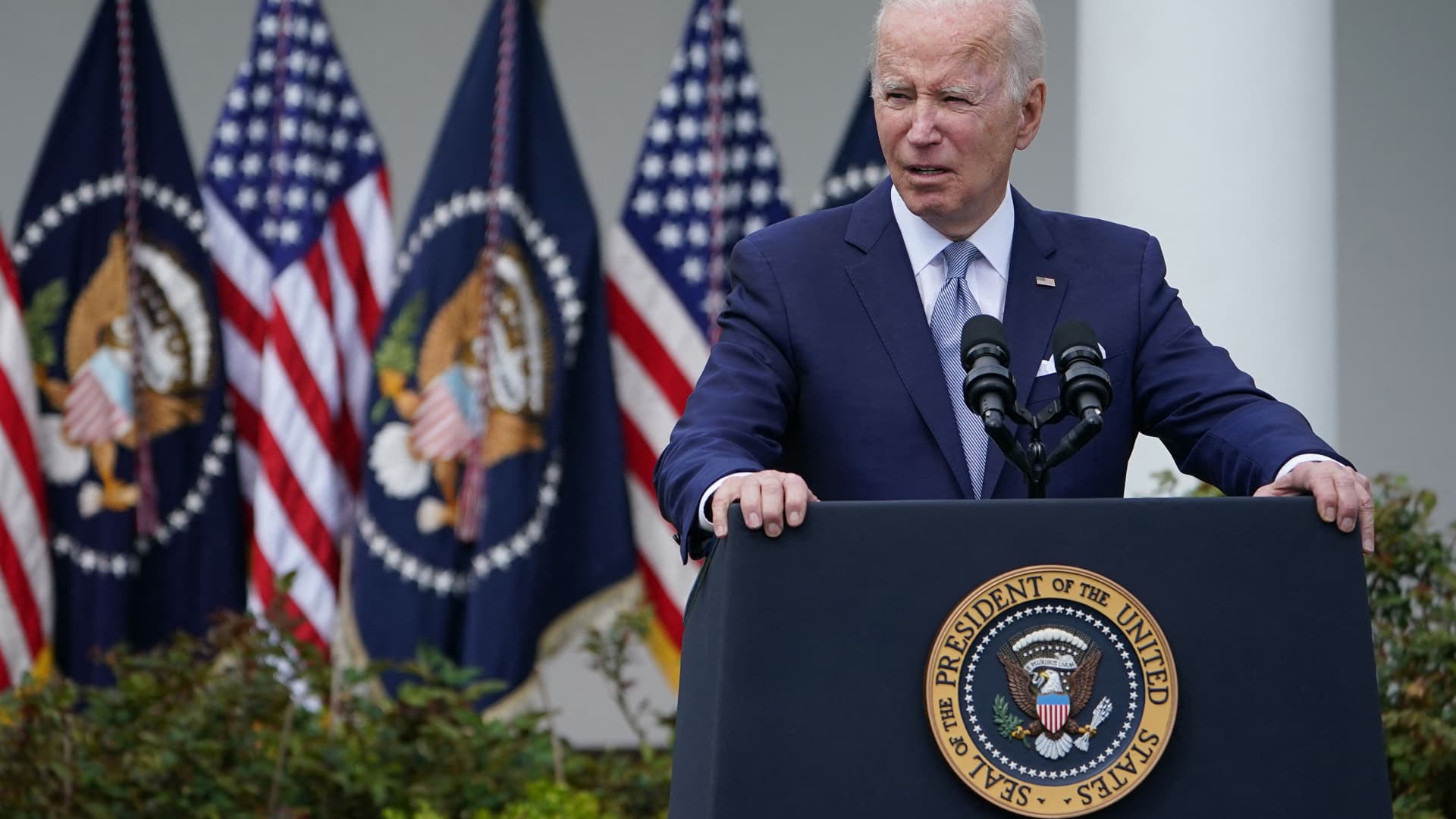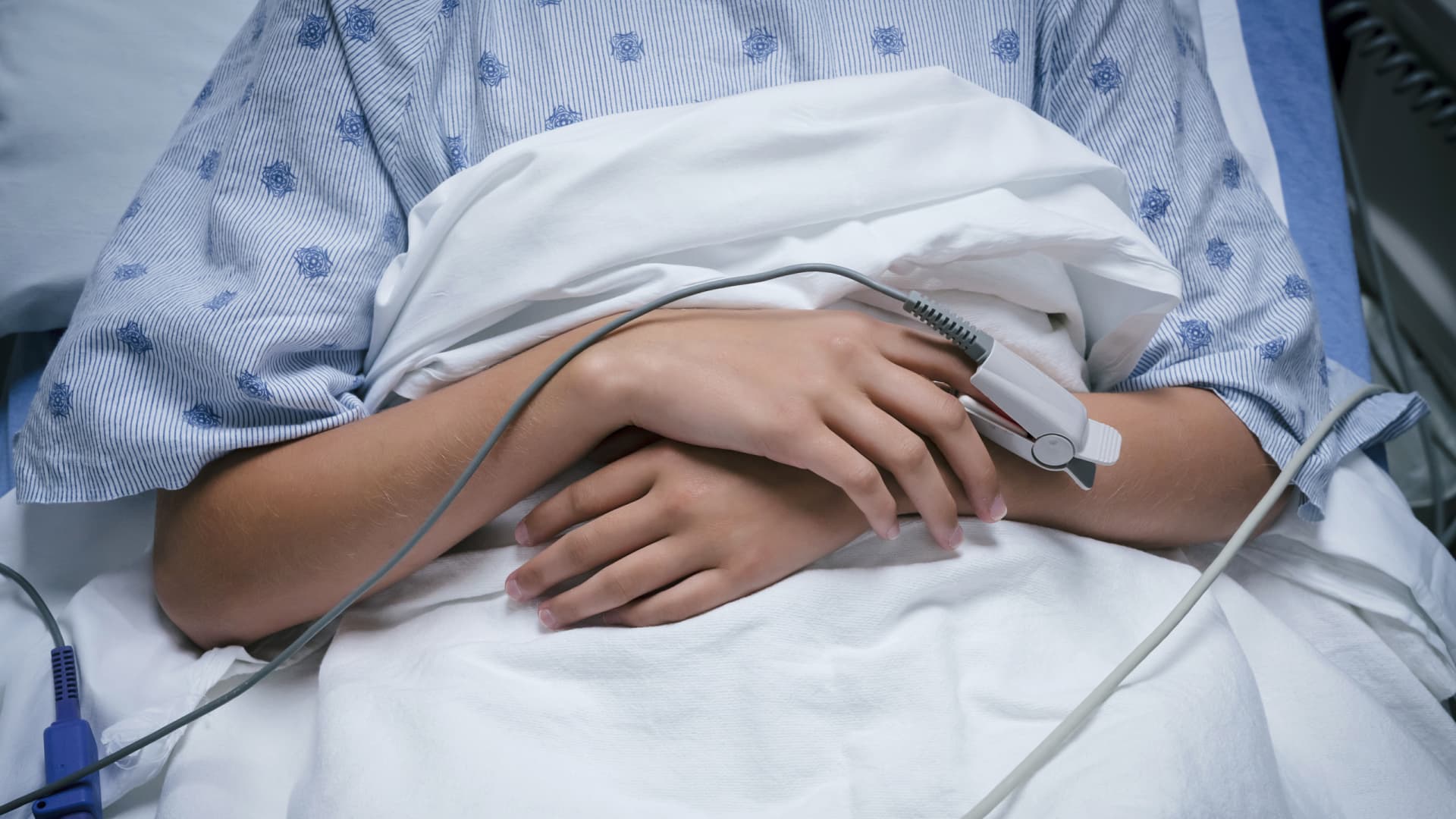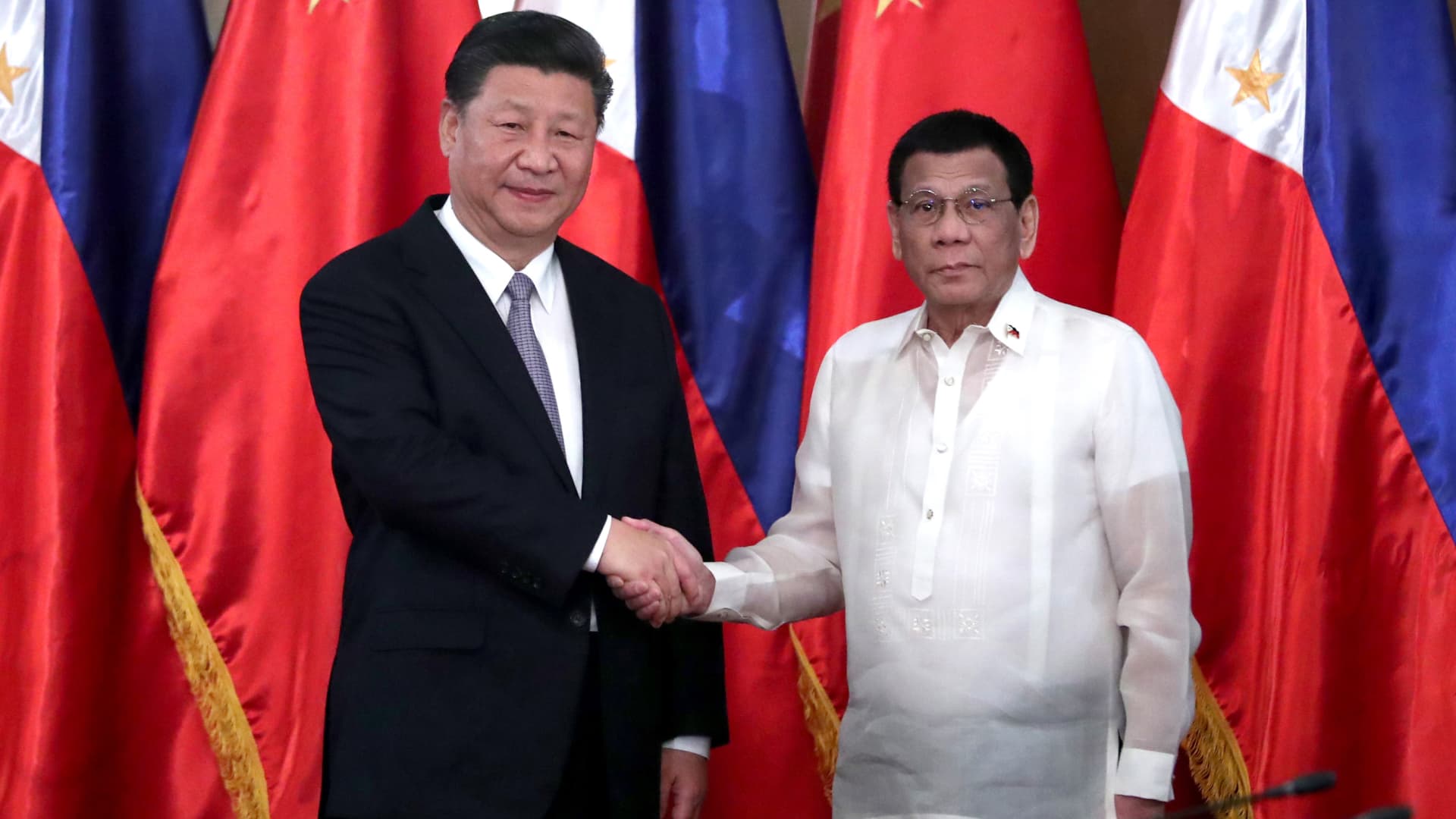Global food insecurity caused by Russia-Ukraine war tops agenda as U.S. assumes UN Security Council presidency
The presidency rotates each month among the UN Security Council's 15 members.
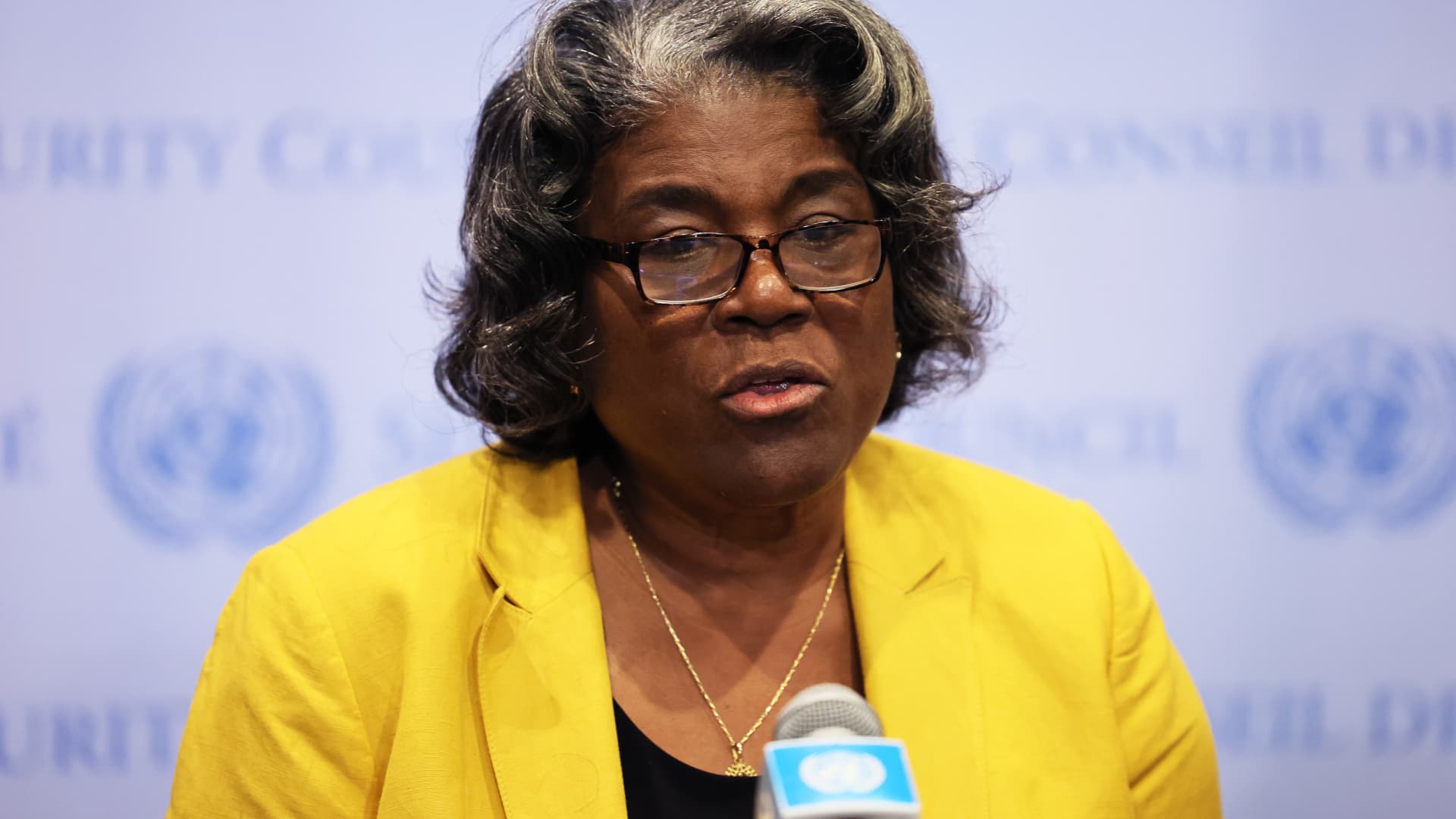
U.S. Representative to the United Nations Ambassador Linda Thomas-Greenfield speaks during a joint press conference before a UN Security Council meeting at the United Nations headquarters on June 23, 2023 in New York City.
Michael M. Santiago | Getty Images
WASHINGTON — The United States on Tuesday took the helm of the United Nations Security Council for the month of August, a scheduled presidency that comes as the international body grapples with the collapse of the Black Sea Grain Initiative.
The landmark U.N. brokered agricultural initiative between Ukraine and Russia fell apart last month after nearly a year in place, triggering fears of famine in countries that rely on Ukraine and Russia for bread and other staple foods.
U.S. Ambassador to the United Nations Linda Thomas-Greenfield slammed Moscow's exit from the deal last month, calling it "another blow to the world's most vulnerable."
"This is really another act of cruelty," Thomas-Greenfield said in brief remarks ahead of a U.N. Security Council meeting on July 17. "This is what it looks like when one country decides to hold humanity hostage. The bottom line is this: The world needs the Black Sea Grain Initiative. And all member states must come together and urge Russia to reverse its decision; resume negotiations; extend, expand and fully implement this initiative," she added.
Under the deal, more than 1,000 ships carrying nearly 33 million metric tons of agricultural products departed from Ukraine's war-weary Black Sea ports of Odesa, Chornomorsk and Pivdennyi, previously known as Yuzhny.
The agreement also facilitated the transport of 725,167 tons of wheat on World Food Program ships to some of the most food-insecure countries on earth, including Afghanistan, Ethiopia, Somalia, Sudan and Yemen.
In recent months, however, Russia had grown increasingly critical of the deal, claiming it is weighted to favor Kyiv over Moscow.
Russia warned that if the Black Sea Grain Initiative did not incorporate fertilizer products into the exports, Moscow would not renew the agreement. Unlike food, fertilizer has yet to depart for global destinations.
"That's not the deal we agreed to on July 22," Russian Foreign Minister Sergey Lavrov said during an April 26 briefing.
Following Moscow's departure from the Black Sea Grain Initiative, Russian forces rained missiles on Ukrainian ports and agricultural facilities, sending wheat prices on a three-day spike.
Read more: Russia axes landmark Ukraine grain deal just hours before deadline
The diplomatic choreography of assuming the Security Council presidency — largely seen as procedural — gives the U.S. the opportunity to set the agenda for debates over the next month.
Thomas-Greenfield will discuss U.S. objectives for the next month during a briefing on Tuesday. Priorities are expected to include the defense of human rights and ways to mitigate food insecurity.
She is also expected to announce a high-level debate on Thursday that will be chaired by Secretary of State Antony Blinken.
The United Nations Security Council at U.N. Headquarters in New York City September 30, 2022.
Spencer Platt | Getty Images News | Getty Images
The Security Council is made up of 15 members and tasked with the U.N.'s mission of "maintenance of international peace and security."
The presidency rotates each month among the members but only the five permanent members hold veto authority on any measure proposed before the international forum.
The U.S. alongside the U.K., China, Russia and France are the five permanent seat holders on the Security Council. The 10 non-permanent members are elected to two-year terms by the U.N. General Assembly.
In April, Russia assumed the presidency of the United Nations Security Council, a move that came on the heels of the International Criminal Court's decision to issue an arrest warrant for Russian President Vladimir Putin over alleged war crimes committed during his invasion of Ukraine. The warrant is the first time the ICC, a body of the United Nations, has taken such a measure against a leader whose country is a permanent member of the Security Council.
In April, Russia's ambassador to the U.N. Vasily Nebenzya used the forum to advance pro-Kremlin narratives during his presidency.
The last time Nebenzya, presided over the body tasked with the "maintenance of international peace and security" was in February 2022, the same month Moscow launched its full-scale invasion of Ukraine.
Read more: ‘A bad joke’: Ukraine cries foul as Russia takes the reins of the UN Security Council
Last year, Thomas-Greenfield led efforts to remove Russia from the United Nations Human Rights Council. She said at the time that Russia's membership hurts the credibility of the council, "undermines the entire U.N. and it is just plain wrong."
Permanent Representative of Russia to the United Nations Vasily Nebenzya.
Michael M. Santiago | Getty Images
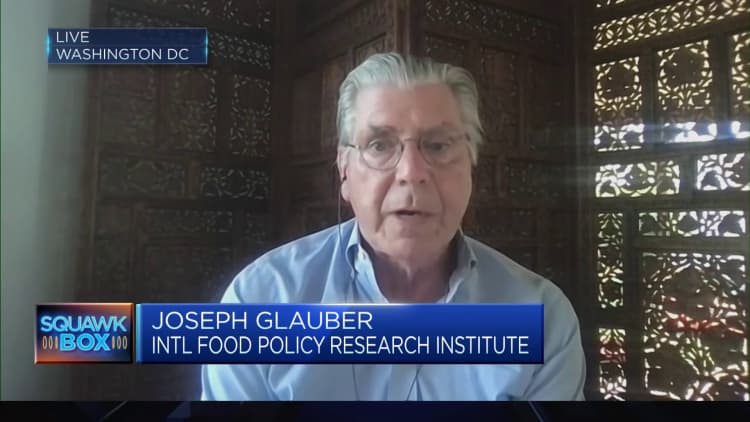

 Kass
Kass 







